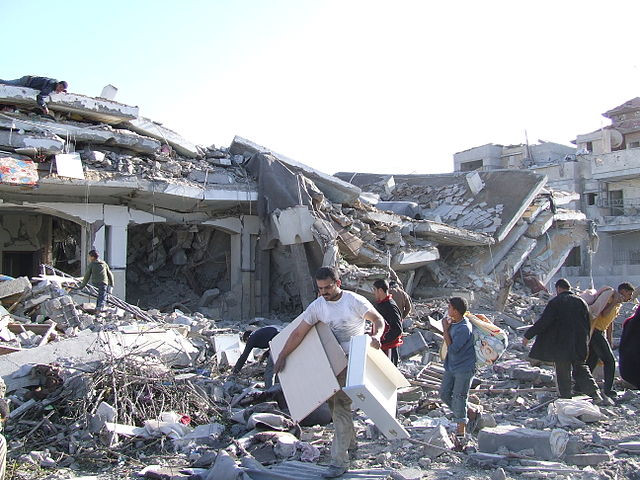Efforts to broker a ceasefire in Gaza have hit a new impasse after Hamas submitted a response seeking amendments to the latest U.S.-backed proposal, which both Israel and U.S. envoy Steve Witkoff rejected as "totally unacceptable." The deadlock comes amid intensifying Israeli airstrikes and a growing humanitarian catastrophe across the enclave.
The Hamas response, delivered through mediators, included demands for permanent ceasefire guarantees, clearer timelines for Israeli military withdrawal, improved aid delivery, and adjustments to the release schedule for hostages. A senior Hamas official told the Associated Press that the group sought U.S. guarantees and wanted the release of 10 living hostages and 18 bodies in exchange for an unspecified number of Palestinian prisoners.
Witkoff, President Donald Trump's Middle East envoy, dismissed the proposal on social media. "Hamas should accept the framework proposal we put forward as the basis for proximity talks, which we can begin immediately this coming week," Witkoff said. "That is the only way we can close a 60-day ceasefire deal... in which half of the living hostages and half of those who are deceased will come home to their families."
Israel's government said it had approved the original U.S. outline but accused Hamas of refusing to cooperate. "While Israel has agreed to the updated Witkoff outline for the release of our hostages, Hamas continues to adhere to its refusal," Prime Minister Benjamin Netanyahu's office said. "Israel will continue its action for the return of our hostages and the defeat of Hamas."
According to a separate Hamas statement, the group's ceasefire goals include a full Israeli withdrawal and unrestricted humanitarian access. Tensions over the terms have heightened as the humanitarian crisis in Gaza deepens under a prolonged blockade. The U.N. World Food Program said that 77 food trucks were recently intercepted by desperate civilians before reaching their distribution points.
The fear of starvation is high, the WFP said, "We need to flood communities with food for the next few days to calm anxieties." While Israel reported that 579 aid trucks entered Gaza over the past week, U.N. officials said that figure is still far below the 600 trucks per day seen during a previous ceasefire.
An internal document reviewed by the Associated Press noted four looting incidents at U.N. facilities over a three-day span in late May. The U.N. said Israeli authorities have forced convoys to travel through areas under military control and gang activity, increasing the risk of disruption and violence.
A newly launched Gaza Humanitarian Foundation (GHF), backed by the U.S. and Israel, began distributing aid this week, operating alongside armed contractors. The group said it delivered 30 truckloads of food on Saturday, calling it its largest distribution to date. Humanitarian groups have criticized the militarization of aid, while Israel argues the mechanism is needed to prevent Hamas from diverting supplies-an accusation the U.N. denies.
Meanwhile, the conflict continues to claim lives at a rapid pace. The Health Ministry in Gaza said at least 60 people were killed in Israeli strikes over the past 24 hours, including six in Khan Younis where a shelter for displaced civilians was hit. Others died in separate incidents in Gaza City and Rafah. Israeli officials said several projectiles from Gaza landed in open areas but caused no injuries.
Since Hamas launched its October 7, 2023, assault on Israel-killing approximately 1,200 people and taking 250 hostages-Israel's military campaign has killed more than 54,000 people in Gaza, according to the enclave's Health Ministry. The ministry does not differentiate between civilian and militant casualties.






